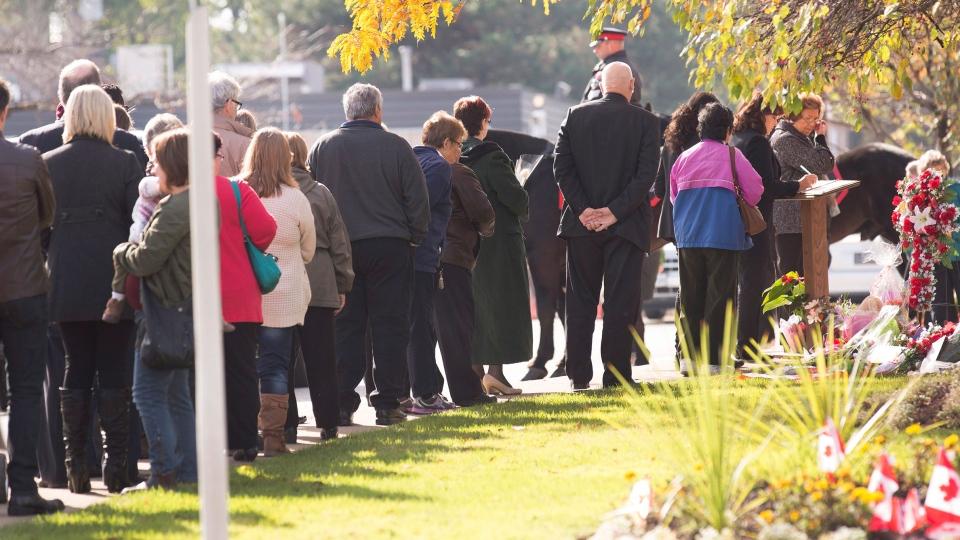I am Next in Line to Speak with the Family at a Funeral - What do I Say?
When you attend a funeral event here in Killam, AB, it can be difficult to find the right words to communicate your thoughts and feelings. You’re likely experiencing many emotions and may not be at your most communicative during this solemn event. However, many funerals require you to speak directly with the family as a way of paying your respects. If you find yourself in this position at an upcoming event, this post can help to guide you through the conversation.
Explain Who You Are and How You Knew the Person
If the family doesn’t already know you properly, you could use this moment to tell them how you know their loved one and a little more about your relationship with them. Remember to talk about your feelings for the person and how much they meant to them. You might try to share a short personal anecdote that you will use to remember the person.
Don’t Offer Your Spiritual Views
While your spiritual beliefs are of great importance to you, they likely won’t be to the grieving family. Try to concentrate or earthly matters when speaking with the family and allow them to grieve according to their own beliefs.
Offer Your Support
The family will likely be looking to lean on community resources during the funeral. They will be trying to find people who knew their loved one well to help guide them through the grieving process. You can play an important role by offering your support. You might simply tell them to call you if they need anything in the coming days or ask if they would like help planning any other services. This can often make the world of difference to those struggling through the grieving process.
Don’t Use Comparisons or Platitudes
It can be easy to reach for comparisons when speaking with the family, as you might remember your own grieving process after a past death. But you should try to avoid making this comparison during the funeral. Simply focus on the family and their grieving experience. Also, try to avoid common platitudes such as “they’re in a better place” and “I know how you feel”. These can often be empty words and do little to help the family.
By reading through this quick guide, you’ve now gained a clear understanding of how to communicate with grieving families when it’s your time to speak with them at funeral events. To learn more about communicating during the grieving process, call our office today.
If you have any questions please do not hesitate to contact Les or Joe at any time.







Comments